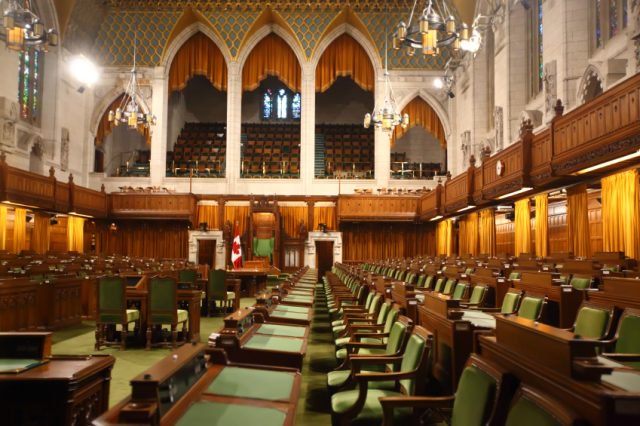CML Changes Mortgage Lending Forecast for the Year
A stable economy should support a steady improvement in housing and mortgage market activity in the next few months, according to the latest forecast by the Council of Mortgage Lenders (CML).
The CML market review report says that this follows a quiet market over the past year, which has caused the CML to revise its expectations for gross mortgage lending to £209 billion in 2015, from the previously predicted £220 billion.
Chief Economist at the CML, Bob Pannell, comments: “Several of the Government’s fresh housing initiatives will take time to take effect and so do not fundamentally reshape market prospects this year or next, as far as we can judge at this stage.”
The report states that although house prices have increased and growth is continuing to surpass earnings in most of the country, the potential for lending is likely to be restricted by affordability pressures, strengthened by the Mortgage Market Review (MMR) and macro-prudential rules.
It also says that any negative perceptions of the buy-to-let sector could be wrong, as remortgaging activity accounts for over half of overall buy-to-let lending, a much larger share than for homeowner loans.
Pannell continues: “Although buy-to-let business volumes continue to expand, the underlying pace of growth in buy-to-let activity, both for house purchase and refinancing, has been slowing, following its strong recovery over the past few years. Policy interventions in the buy-to-let space may reinforce this downward trend.
“We expect a further improvement in arrears and possessions this year and anticipate that the overwhelming majority of borrowers will cope with the modest interest rate increases that start in 2016.”1
Generally, the CML is more optimistic about housing market developments now than it was at the start of the year and Pannell claims that this is due to the continuing strength of cash transactions, which have accounted for almost 37% of all transactions over the past year.
He adds that regulated house purchase activity has continued to decline compared to the market as a whole in the last year, which has pulled down the CML’s overall mortgage lending predictions for 2015.
1 http://www.propertywire.com/news/europe/uk-mortgage-market-activity-2015072010770.html









